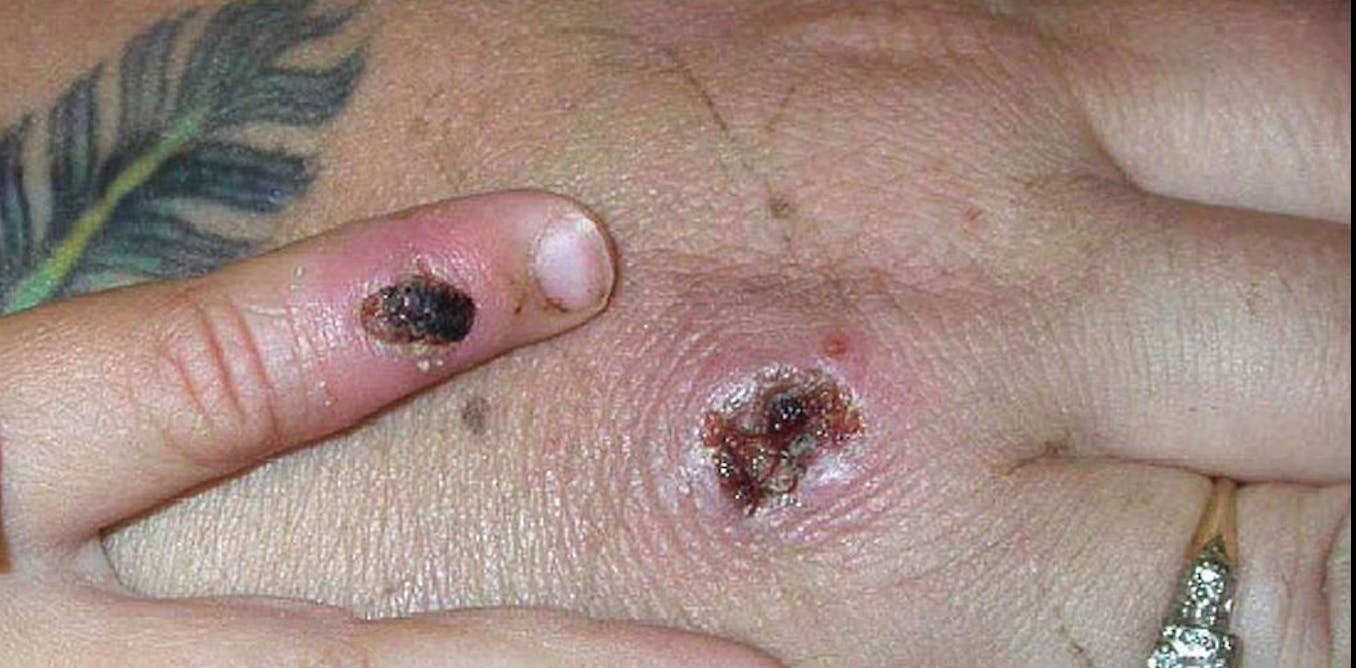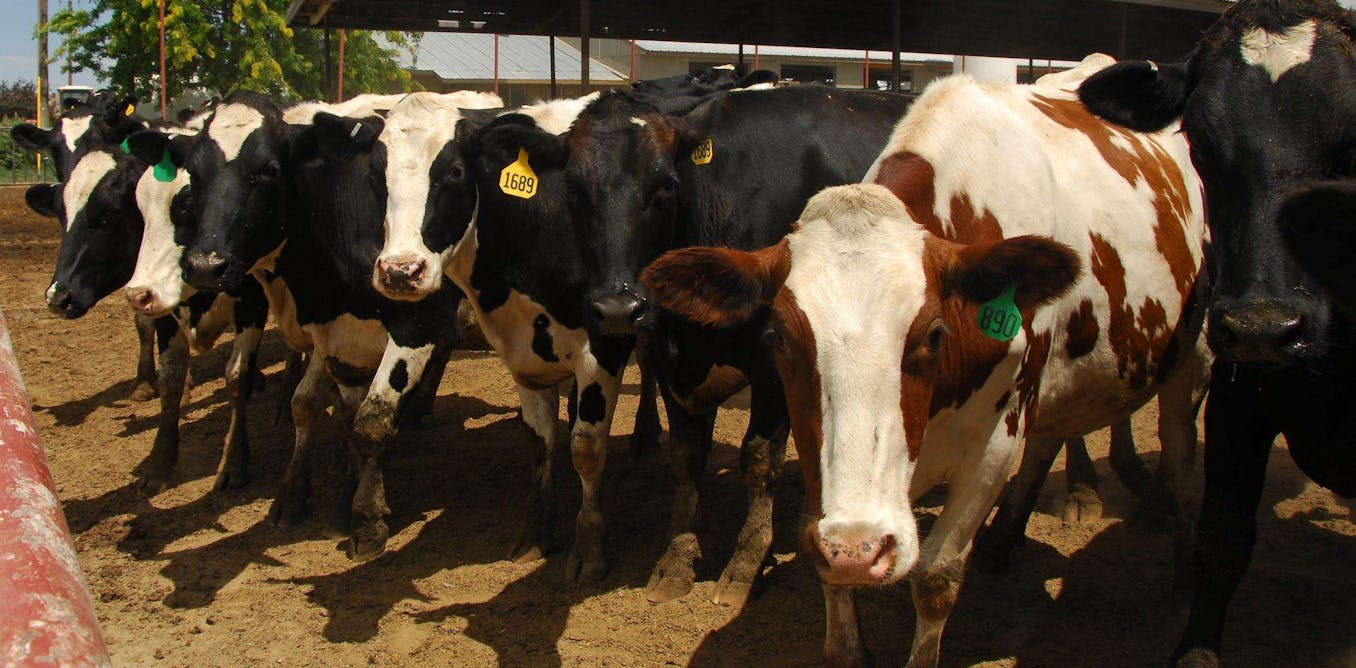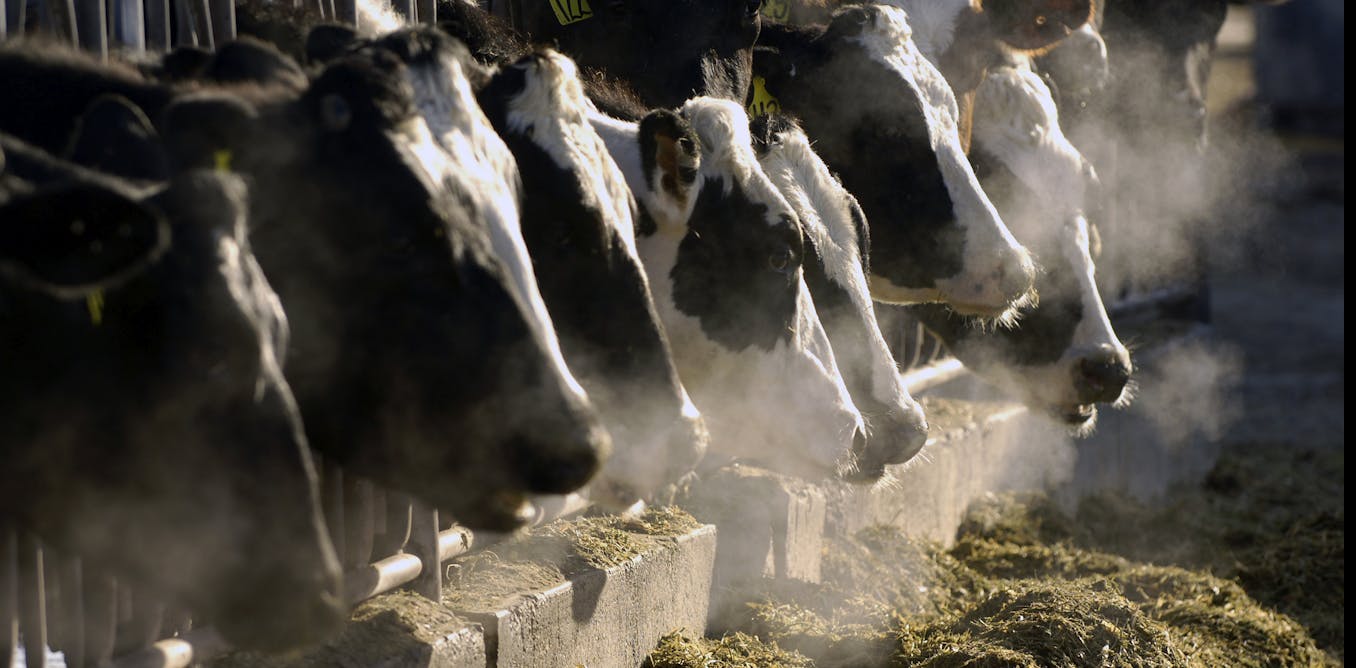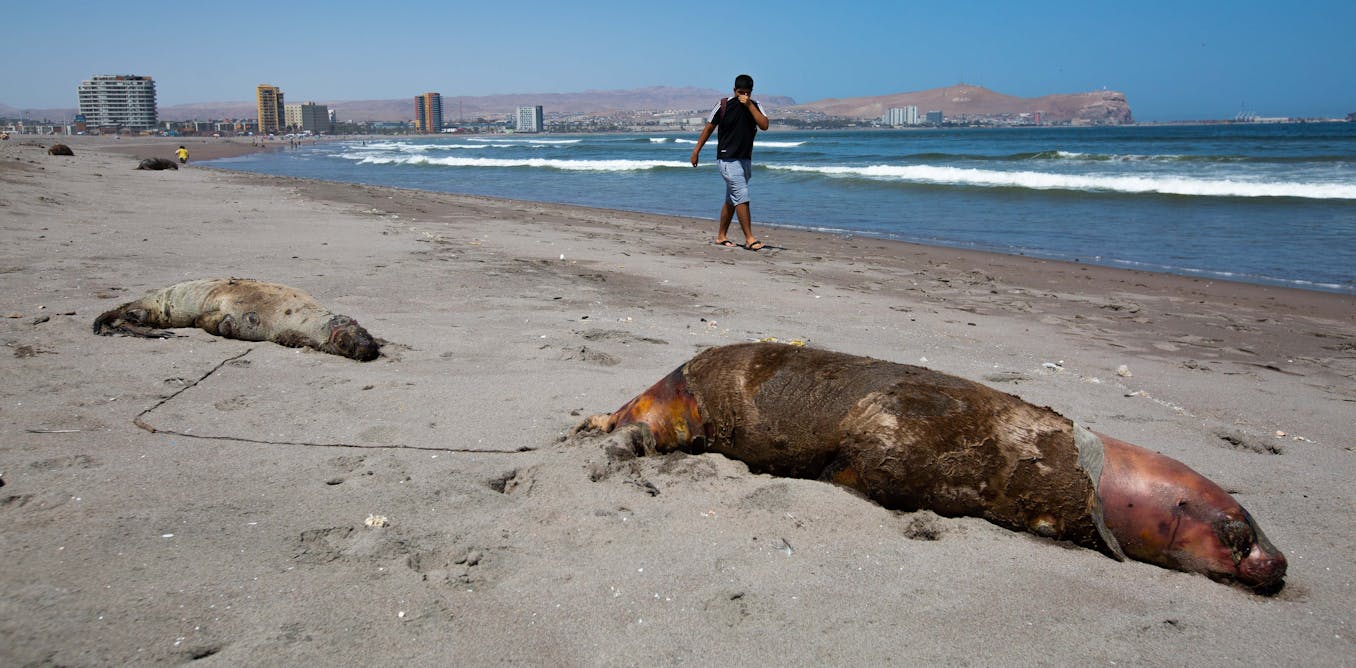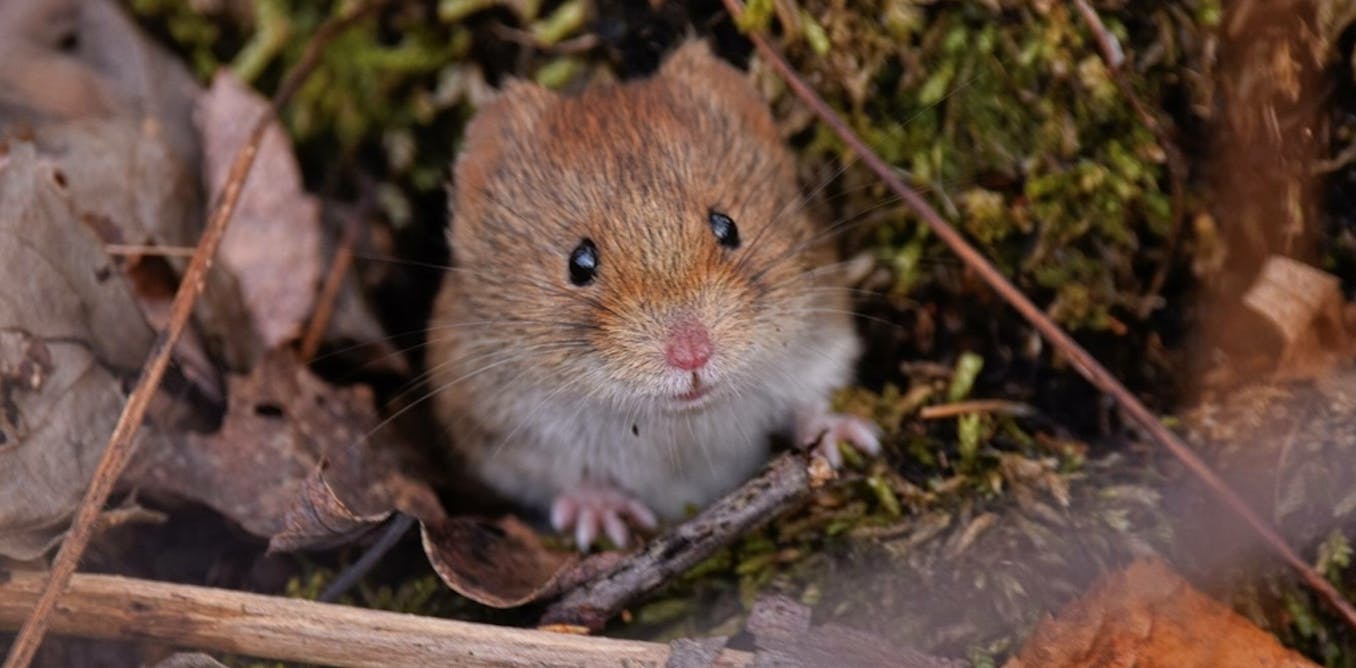Ancient viral genomes preserved in glaciers reveal the history of Earth’s climate – and how viruses adapt to climate change
From ice cores extracted from the Tibetan Plateau, scientists recovered the equivalent of 1,705 virus species. Reading their genomes tells the story of 41,000 years of climate change.
Aug. 26, 2024 • ~6 min


